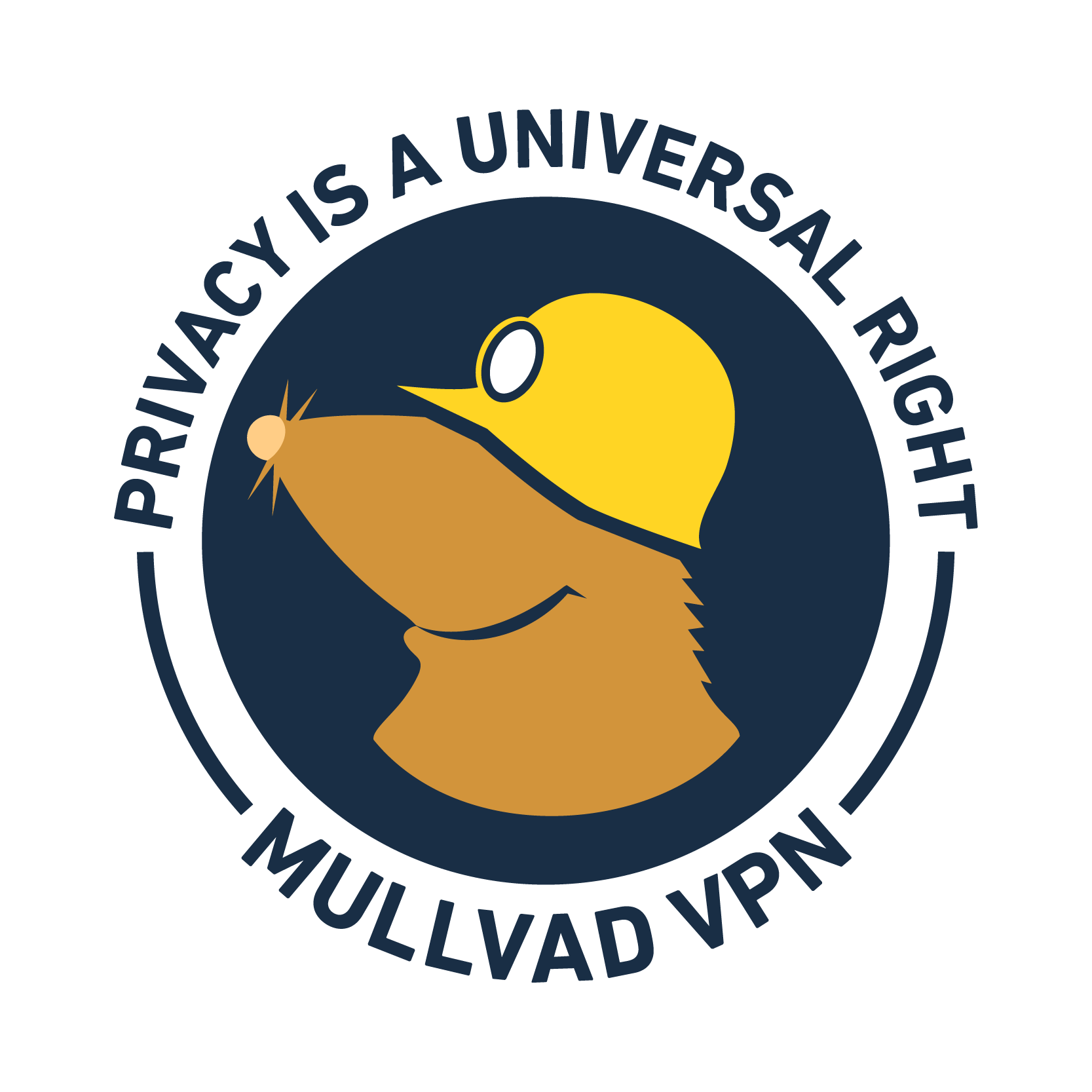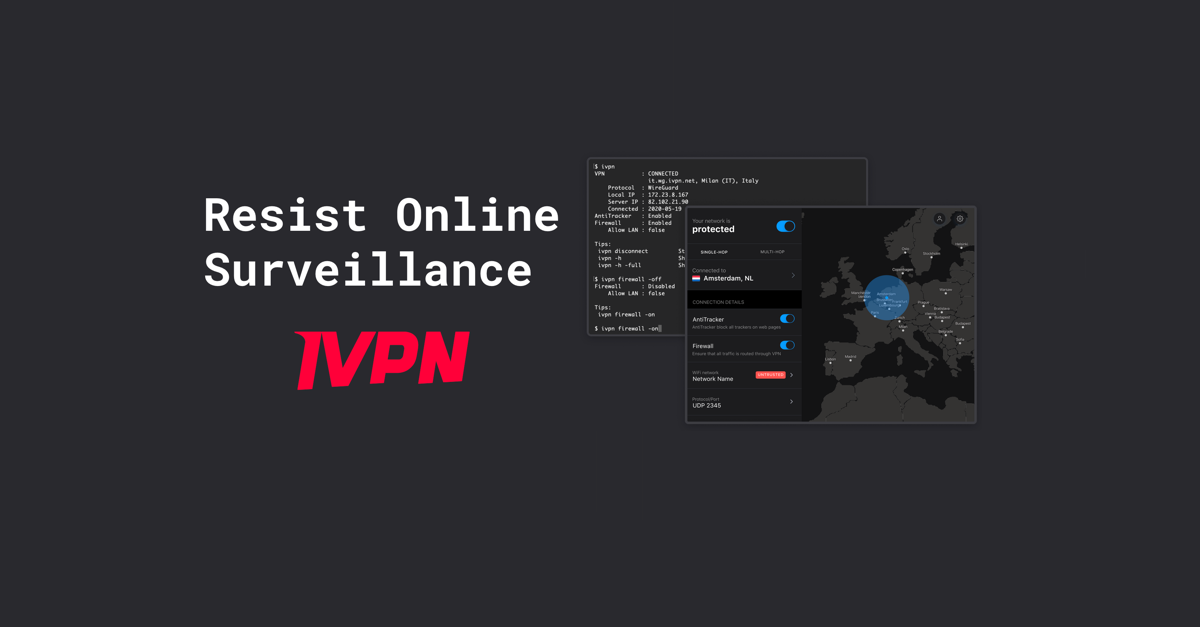What is a VPN?
The technical definition of a VPN (Virtual Private Network) is "an arrangement whereby a secure, apparently private network is achieved using encryption over a public network, typically the internet."
Now what is it really?
A VPN creates an encrypted connection from your device to a remote server. If you visit a website or use a service that requires internet connectivity it will be routed through the remote server and "tunneled" to your device. To help understand this a little but further visit a website like www.whatismyip.com. Note that it displays your IP (Internet Protocol) address. This IP address is like your home address, but for your internet connection. If someone has your IP address they can look up who your internet service provider (ISP) is. This is especially bad for those people who participate in nefarious activities because their ISP can be forced to hand over subscriber (you) information to law enforcement if ordered to do so by a court.
Still with me?
Some people use a VPN simply for privacy. By connecting to the VPN, every website you visit thinks you are the VPN server. While connected, if you visit the same website as before (www.whatismyip.com) a different IP will show up. This is because of the "tunnel" we spoke about earlier. You are on one end of the tunnel and the VPN server is on the other. Think of it this way; You are on one end of a tunnel and your friend is on the other. You are relaying information to your friend who is talking to Joe on the other end. Joe has no idea who you are because he can't see or hear you due to your friend relaying the information back and forth. If Joe has an issue he has to take it up with your friend because he can't get to you. Pretty simple, right?
Is it really that secure?
Well, that depends on the service you are using. Some VPN services keep logs of your information and what you do through their tunnel. Let's go back to your friend and Joe. Joe is mad about something you said and demands that your friend tell him who you are. Is your friend going to tell Joe what he wants to know? Maybe, maybe not. I guess it depends on how good a friend Joe is.
Free vs. Paid services.
I've used many different VPN services over the years and I can tell you that if you value your privacy at all, DO NOT USE FREE. Like with everything else in life, you get what you pay for. If your friend has no reason to protect your identity when pressured, then why should they? Now, if you give your friend $20 he may be more inclined to keep it a secret. VPNs are the same way. If you are paying for a service you are a customer. Most businesses want to keep their customer base and not ruin their reputation, but like I stated earlier, some services keep logs of your information while some services don't.
What service should I use?
I can't make that decision for you, but I can give you a few options. Below are a few often recommended services. I do not receive any sort of benefits from the listed VPN services. They are just ones that I use, have used or have done research on.







